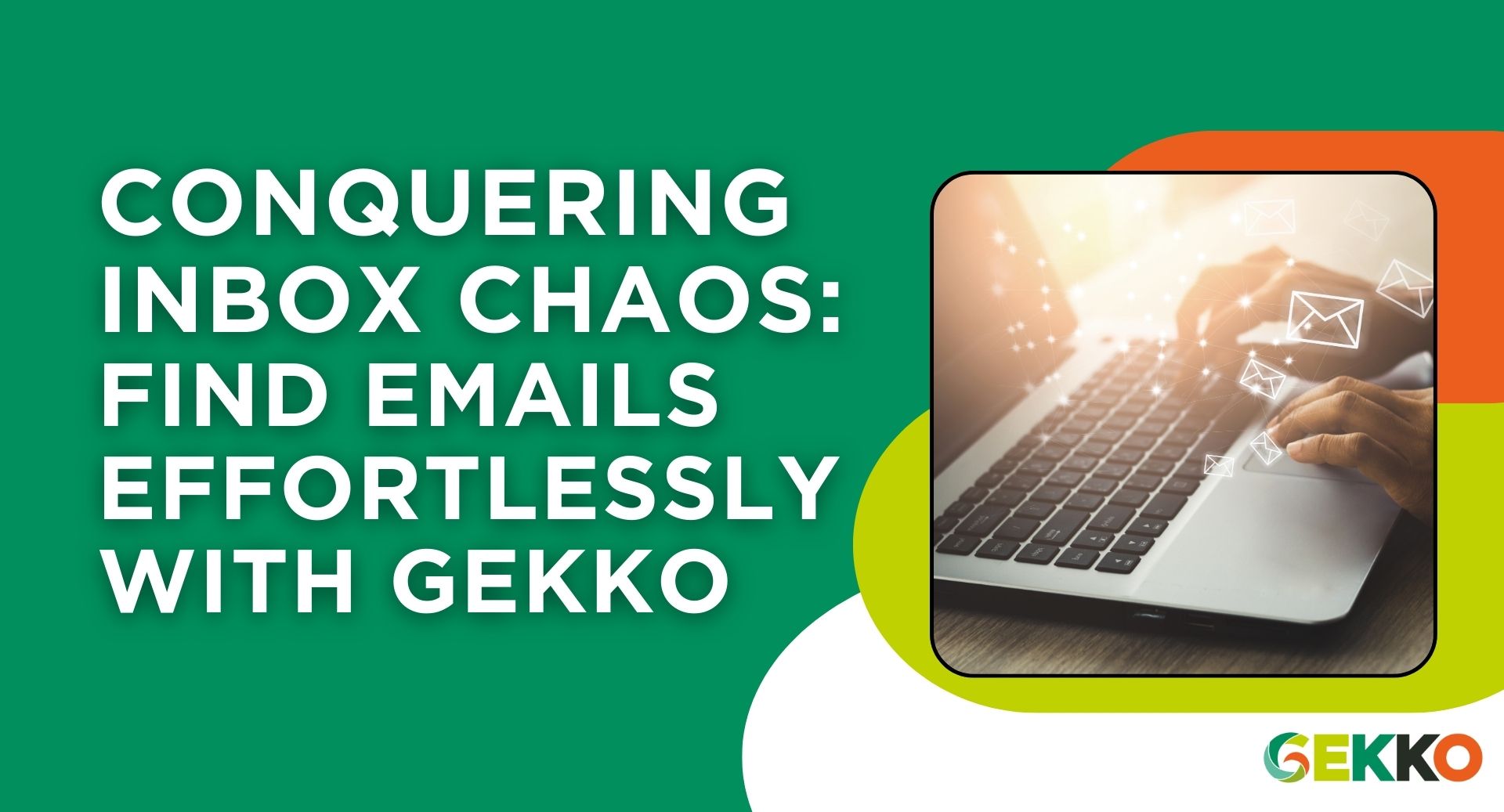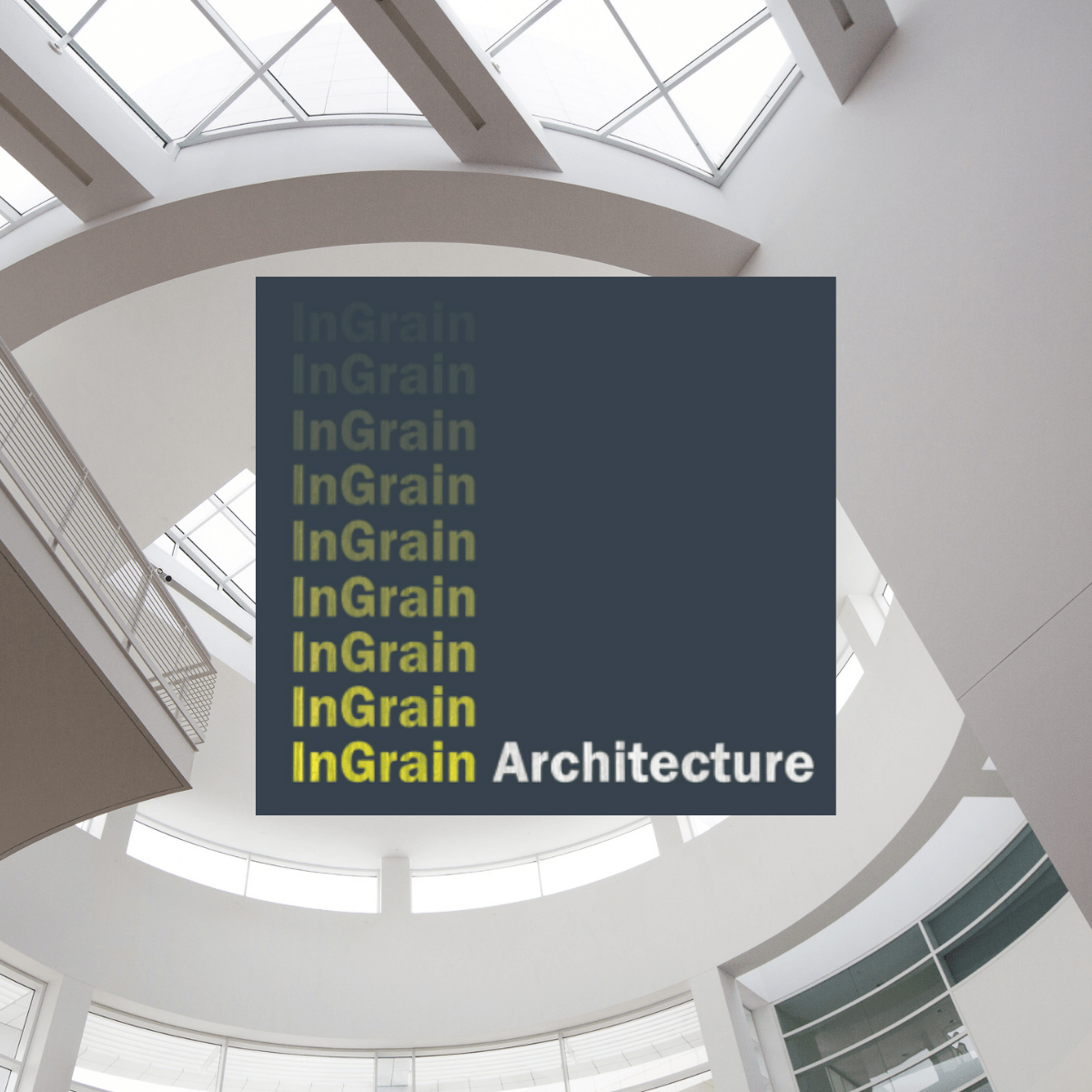Is email really dead?
The past year has seen endless debate that the rise of social media platforms such as IM, Twitter, Snapchat and Facebook as valid communication channels will mark the demise of email. Riding on the back of these claims is an influx of ‘social collaboration tools’ aimed to hammer the final nail in email’s coffin.
“Email is dead!” the hipsters remind us; “We only communicate via our social networks” chirp the millennials proudly.
Email is far from dead, email is evolving; continuing to flourish amidst alternative channels of communication within our constantly connected world. Alternatives, whose key selling point is the convenience to fire off a quick one liner or a means to share an interesting link.
Email: Why the bad reputation?
Everyone is drowning in email and this comes as no surprise considering the average corporate user spends at least 1/4 of the workday answering and sending email. (McKinsey’s 2012 Social Economy Report) Is it any wonder many are so quick to seek a solution to cluttered and unorganised inboxes?
We don’t need a replacement, but we do need a change in how we manage our inboxes. Current processes aimed to keep our emails in control have become stagnant and irrelevant. As the amount of emails received on a daily basis rises, this becomes even more prevalent. We trust email and it still positions itself as a highly valuable and flexible form of business communication. We just need to make our inboxes smarter
Here’s the problem with your current email inbox
Every time you email a group of contacts, you are setting up a conversation stream – a form of collaboration. Over time, messages are bounced back and forth resulting in cluttered inboxes, lost information and an inefficient system. Email clearly is a burden.
Herein lies problem number two; shared content needs to be filed where teams can gain real-time access to updated information. Everything should be stored in one central location – not hidden away in the depths of a person’s inbox; unfortunately most email systems don’t offer you the flexibility of collaboration.
Killer collaboration
So what’s the solution to this? Collaboration tools, judging by the amount of trendy young start-ups tempting us all with the latest ‘email killer’ with online chat spaces and cloud-based document sharing.
The only useful thing these new collaboration tools do is rid us of email related problems by diminishing email altogether. This is not the answer. A ‘band aid’ approach won’t help to provide a solution within our existing email system. The great thing about Gekko is how it allows you to collaborate within Outlook using a simple plugin. Gekko enables teams to share their inboxes by filing all communications within group folders. Need an email related to a particular case, project or account? With Gekko, you can do this all with the click of a button.
Better the devil you know
Email has clearly entered a new phase in its lifecycle, adapting to change by growing stronger than ever. The popularity of social collaboration tools has led email to be positioned as the more established and official form of communication in the workplace. We trust email as a highly valuable and flexible device – we just need to make our inboxes smarter.
As technology grows and online data increases there is now an even bigger need to manage our emails efficiently. Businesses need to find a way to store and retain electronic communications within their existing system.
Archive and organise
The ‘information overload’ means archiving and organising your emails is even more important than ever. The problem with these slick new digital solutions is they don’t resonate well with key business principles. How exactly does a Facebook conversation or a tweet hold as much legal weight as an email? How can you track information when it’s spread all over the social stratosphere? You can’t. The only way you can effectively manage all communication is by preserving it in a secure cloud where data is available at all times.
Therefore, let’s stay faithful to our trusted and familiar friend. It is progressing and there are clever tools available, such as Gekko, aimed to manage your inboxes. Don’t make the mistake of believing that the new kids on the block with their arsenal of tools designed to displace your inbox are an instant solution. Let’s change our relationship with email first rather than dumping it for a newer trendy alternative.
Email is far from dead and is still the leader in communication. Essential, universal and unique, any other alternative is simply transient.












